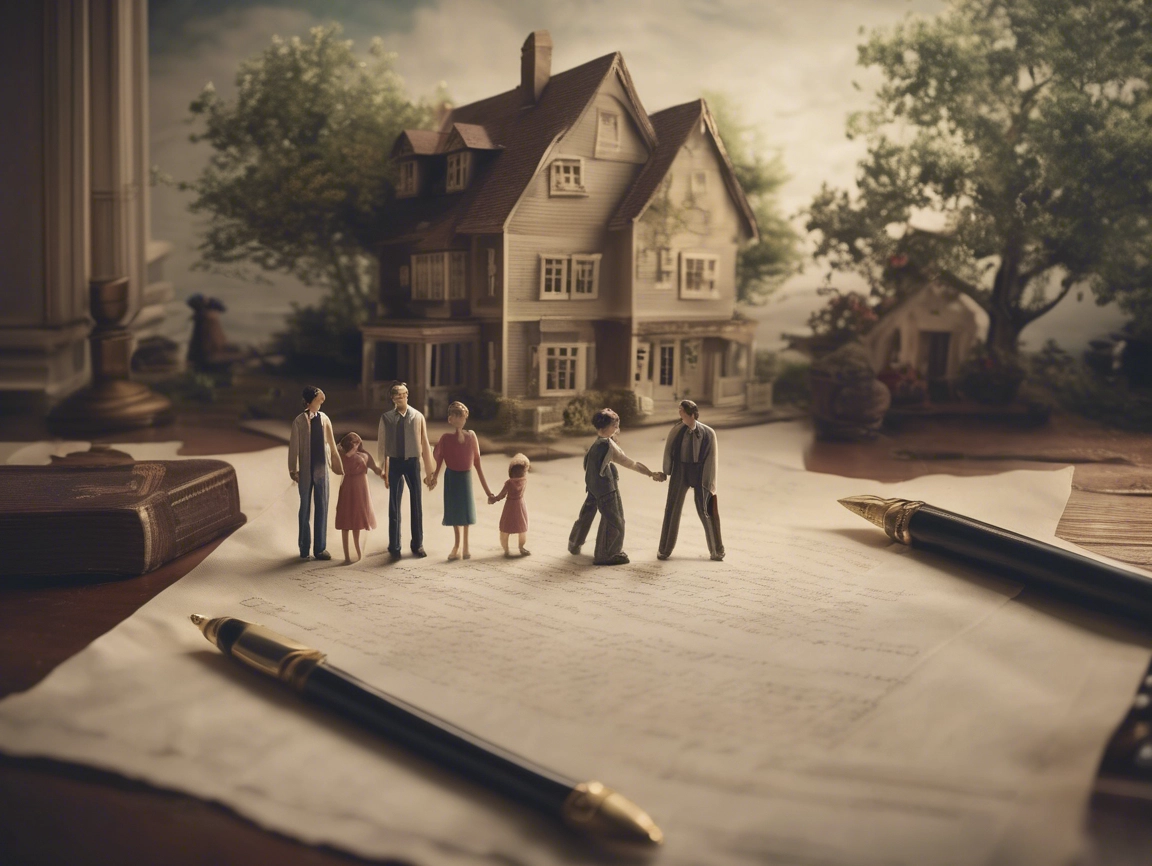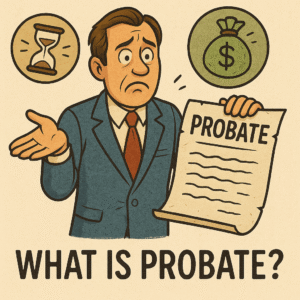A Last Will and Testament, commonly known as a Will, is a legal document that expresses an individual’s wishes regarding the distribution of their assets and the care of any minor children after their death. It is a cornerstone of estate planning, providing clarity and direction during a time of grief.
1. Distribution of Assets
The primary purpose of a Will is to outline how your assets should be distributed after your death. This includes real estate, investments, cash, and personal belongings. Without a Will, these decisions fall to state laws, which might not align with your personal wishes.
2. Appointment of an Executor
A Will allows you to appoint an executor or estate trustee, a trusted individual responsible for administering your estate. This person will ensure that your assets are distributed as per your wishes, debts are paid, and taxes are settled.
3. Care for Minor Children
For parents, a Will is essential for naming a guardian for minor children. This decision can prevent potential custody battles and ensures that your children are cared for by someone you trust.
4. Minimizing Legal Challenges
A well-crafted Will can reduce the chances of legal disputes among your heirs. It provides a clear, legally-binding directive, making it difficult for others to contest your wishes.
5. Peace of Mind
Perhaps most importantly, having a Will offers peace of mind. Knowing that your affairs are in order, and your loved ones are provided for, can be immensely comforting.
Conclusion
Your Last Will and Testament is not just a legal obligation; it’s a final expression of your wishes and a crucial tool for protecting your legacy. It ensures that your assets are distributed according to your desires, your children are cared for, and your final affairs are handled smoothly. The absence of a Will can lead to unnecessary complications and stress for your loved ones. Thus, drafting a Will is a thoughtful act of care and responsibility towards those you leave behind.





